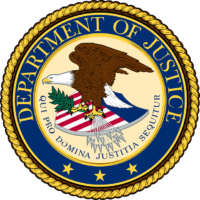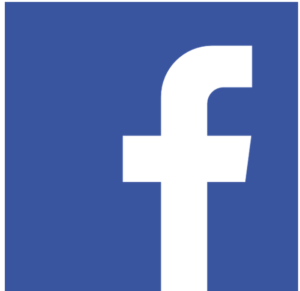US DOJ Closes in on Google; Brands Halt Spending on Facebook Ads
by Grace Dillon on 29th Jun 2020 in News


In today's ExchangeWire news digest: the US Department of Justice is reportedly making the final preparations to bring a lawsuit against Google; Facebook sees several big name brands depart for July as the argument over the site's stance towards inflammatory content continues; and peers from the House of Lords call on MPs to impose tougher regulation to reduce fake news.
DOJ closes in on antitrust probe against Google
The US Department of Justice (DOJ) is nearing the end of an antitrust investigation into Google. According to sources close to the matter, the DOJ is now pursuing the final documents needed to complete the review, which it is widely anticipated will lead to a lawsuit within months.
Whilst the specific allegations of the expected lawsuit are unknown, the concerns driving the probe are well established – Google’s dominance of the online ad market has been a contentious issue for some time, with complaints against the firm’s anti-competitive behaviour spurring a number of previous investigations.
The DOJ has asked for companies with concerns over Google’s behaviour, as well as firms with data that could supplement its case against the Alphabet-owned company, to submit the relevant data by the end of June.
The DOJ’s investigation is not the only one that Google has to worry about – the ad giant is also in the midst of a probe currently being carried out by a number of state attorneys general. It is believed that those involved will be invited to add to the federal case.
With a number of investigations already under its belt, it remains to be seen how the current pressure on Google will affect its operations.
Big brands halt Facebook ads as hate speech row continues

Facebook is set to face a shaky month ahead after several big brands announced they plan to stop advertising on the platform. Coca-Cola, Levi’s, and Hershey are amongst the companies who declared their intentions to pull their ads from Facebook, as well as from sister-platform, Instagram.
The social media behemoth saw its stock price tumble 8% after the holdings giant Unilever announced that it would pull advertising last Friday (26th June). With a plethora of other brands following suit, this figure could multiply dangerously.
The exodus follows calls from civil rights groups for brands to boycott Facebook for the month of July. The #StopHateForProfit campaign asked brands to leave the site to protest against Facebook’s refusal to take tougher action on hate speech. However, not all of the boycotting brands indicated any affiliation with the movement.
The mass suspension came less than a day after Facebook CEO Mark Zuckerburg introduced minor updates to the platforms policies on inflammatory content. Zuckerberg had previously maintained that such content should not be flagged or removed from the site, despite protests from commentators and the firm’s own employees.
The protest will certainly hit Facebook where it hurts, but it will its impact truly damage the social media platform in the long-run?
UK peers demand crack down on fake news
A House of Lords committee on democracy and digital technologies has called on MPs to impose stricter regulation on digital and social media. The committee urged minister to replace current rules around online political advertising with the online harms bill in order to tackle the “pandemic of misinformation and disinformation” sparked by the Coronavirus.
The call to action, which forms part of a 153-page report, indicates the House’s concern that the unregulated posting and sharing of questionable material online is undermining public trust in politics and institutions. Labour peer David Puttnam, who chaired the committee, stated in the report's foreword that failure to intervene will see “democracy as we know it […] simply decline into irrelevance.”
Concerns around the digital world’s place in the democratic process have been potent in recent years, but have come to the fore after the global pandemic saw misinformation and inflammatory content, including racially-charged conspiracy theories and unproven Coronavirus cures, spread like wildfire.
Some sites have acted to curtail the spreading of fake news – late last month, Twitter announced a new labelling system that alerts users to unsubstantiated statements made in tweets, as well as an intervening pop-up that encourages users to read articles before sharing them. However, others, such as Facebook, have been less inclined to change their policies.
It will be interesting to see whether this report will intensify the pressure on social and digital media firms to crack down on user content.
FacebookGoogleSocial MediaUKUS








Follow ExchangeWire